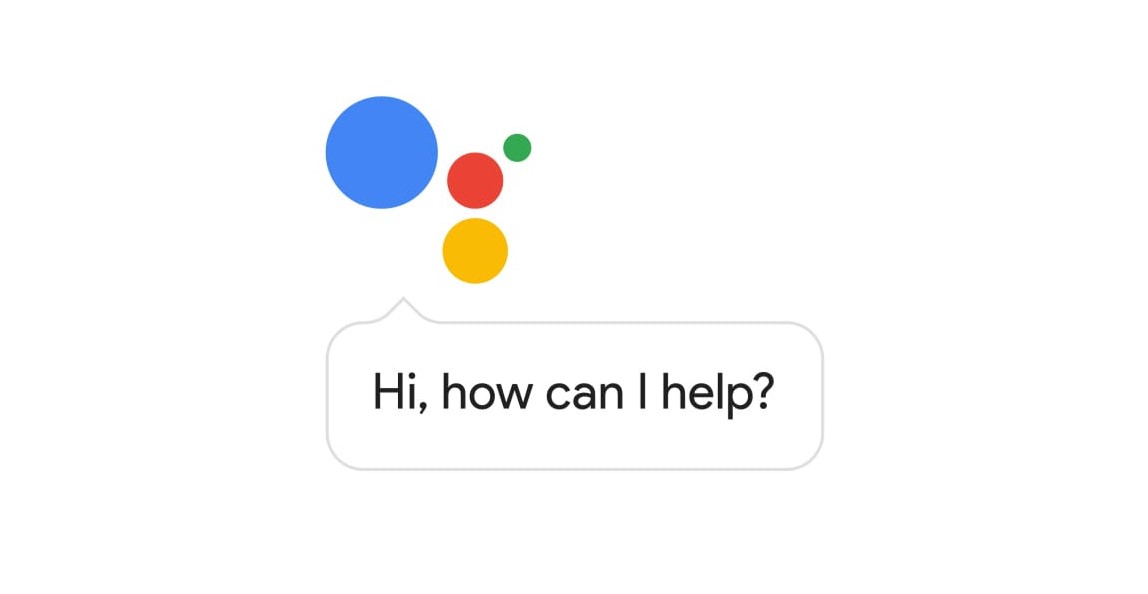Incoming Android upgrade could supercharge Google Assistant
Your phone could be getting chatty


Considering all of the buzz around generative AI in the last year or so, it's easy to forget that we have in fact been using it for over a decade. Since 2011's first instalment of Siri, we have gotten used to AI helping us control our phones. Of course, there's one problem. It's not actually as advanced as you'd hope. As it stands, Google Assistant is just something that pops up on my phone when I press the wrong button.
That's where the like of ChatGPT comes in. These chatbots are much chattier and more competent at tasks like writing (gulp), generating images and even coding. Of course, Google has its own equivalent, Google Bard, and after the ChatGPT app launched on Android, Google looks to be bringing a serious AI upgrade of its own to the best Android phones.
A leaked internal email at the firm, obtained by Axios, suggests that LLM (Large Language Model) supported AI will be coming first to the mobile version of Google Assistant and then presumably to smart home devices like the Google Nest.

While details are thin on the ground at this stage, were a Bard-like model integrated with the Google Assistant, it certainly would make it a much more useful tool. You could ask the AI for actual advice rather than just data-focused responses. Similarly, it would be great if the assistant could open or interact with apps based on your voice commands, for instance, if you ask it to play "something at full volume" It could not only open Spotify but also crank up the volume.
One thing that AI models like Bard can already do pretty well is summarise longer passages of text. You could ask your Google Assistant to provide a summary of dozens of unread group chat messages or emails, perhaps even quickly condense voice messages into their true meaning.
Practical uses of generative AI so far have been limited, but surely their biggest potential lies in the devices we use the most?
Get all the latest news, reviews, deals and buying guides on gorgeous tech, home and active products from the T3 experts

Andy was T3's Tech Staff Writer, covering all things technology, including his biggest passions such as gaming. If he had to save one possession from a fire it would be his PlayStation 5. He previously worked for Tom’s Guide – where he got paid to play with ChatGPT everyday. When it comes to streaming, Andy will have his headphones glued in whilst watching something that will make him laugh. He studied Creative Writing at university, but also enjoys supporting his favourite football team (Liverpool), watching F1, teaching himself guitar, and spending time with his dog.